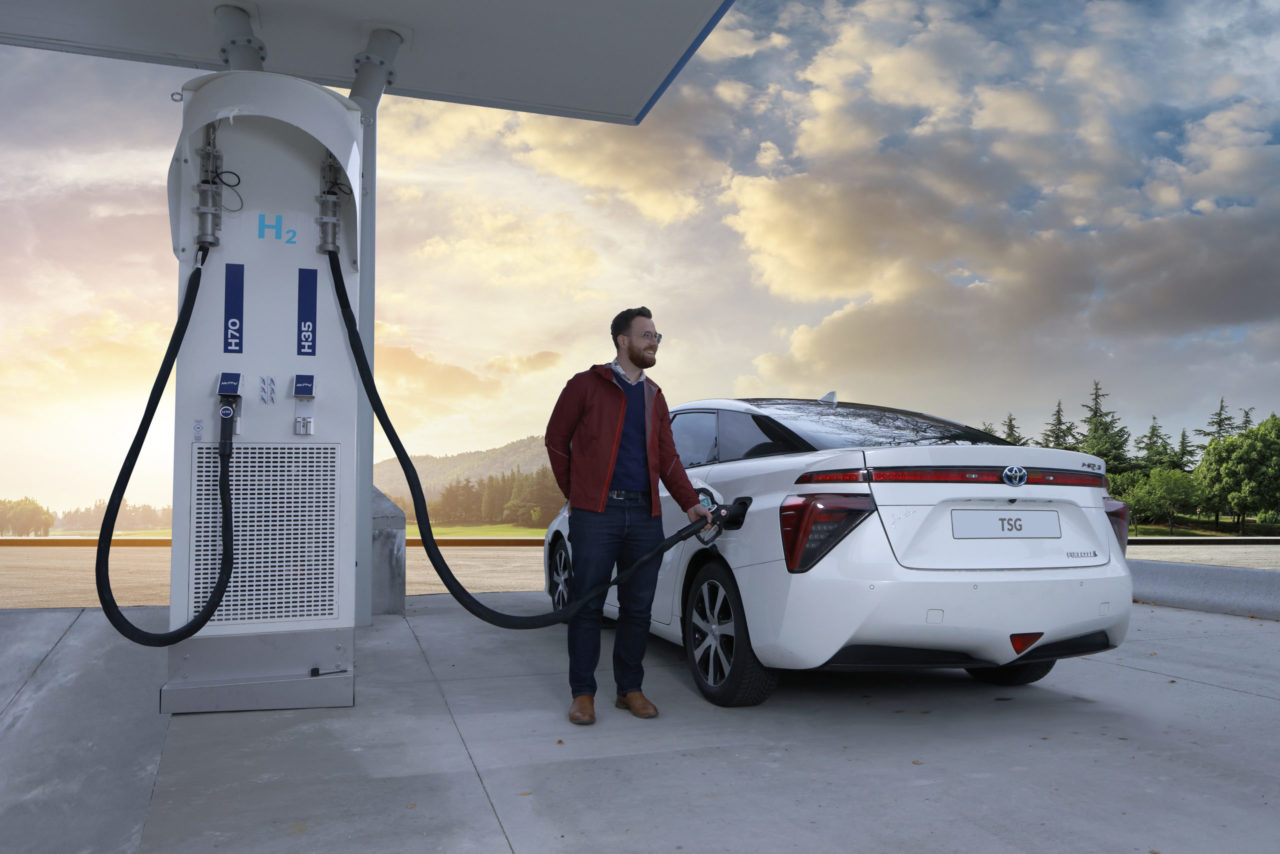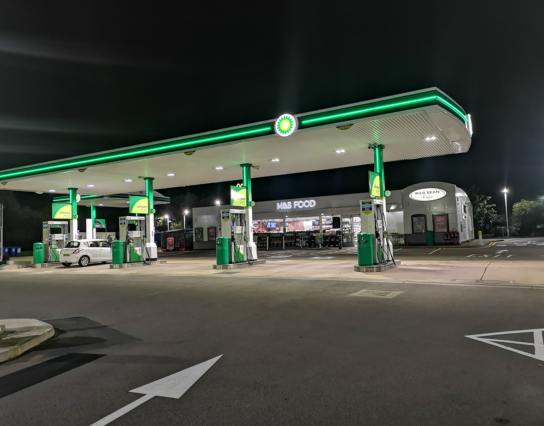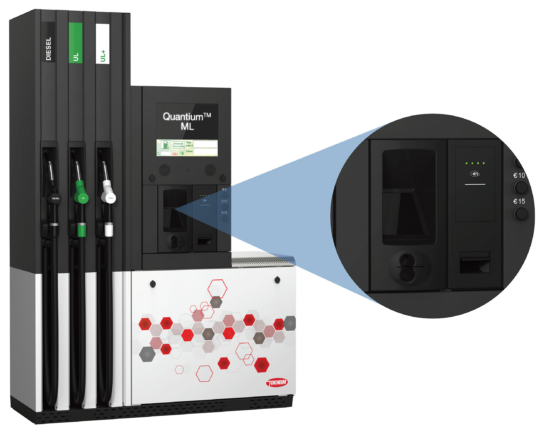As the world accelerates towards a low-carbon future, the transport sector stands at a pivotal crossroads. While electric vehicles (EVs) have captured the public imagination and market share, hydrogen fuel cell technology is quietly gathering momentum. The concept of Hydrogen Highways, which refers to dedicated corridors equipped with hydrogen refuelling infrastructure, is emerging as a compelling vision for the future of clean mobility. But can hydrogen compete with electricity, and what will it take to make this vision a reality?
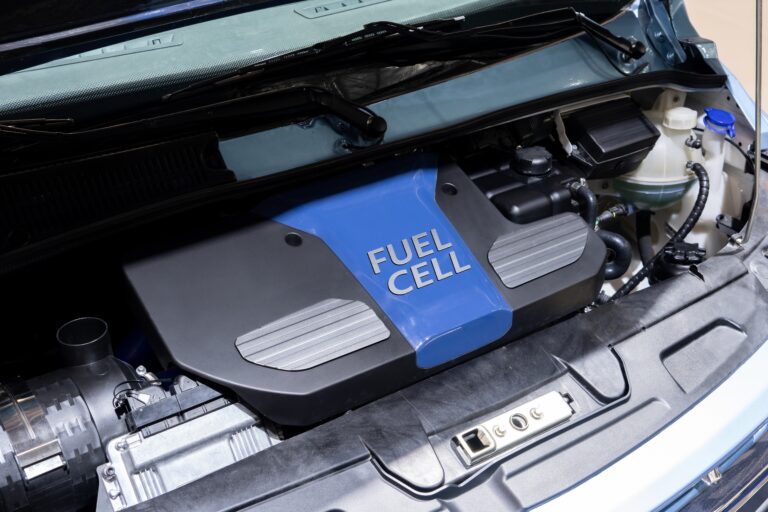
The Promise of Hydrogen
Hydrogen fuel cell electric vehicles (FCEVs) offer unique benefits. They emit only water vapour, refuel in minutes and provide long driving ranges comparable to internal combustion engine vehicles. These attributes make them particularly attractive for heavy-duty transport, long-haul logistics and fleet operations where downtime and range limitations are critical concerns.
Unlike battery-powered EVs, which store electricity, FCEVs generate electricity on demand through a chemical reaction between hydrogen and oxygen. This process, facilitated by a fuel cell, is clean and efficient when powered by green hydrogen, which is produced using renewable energy sources through electrolysis.
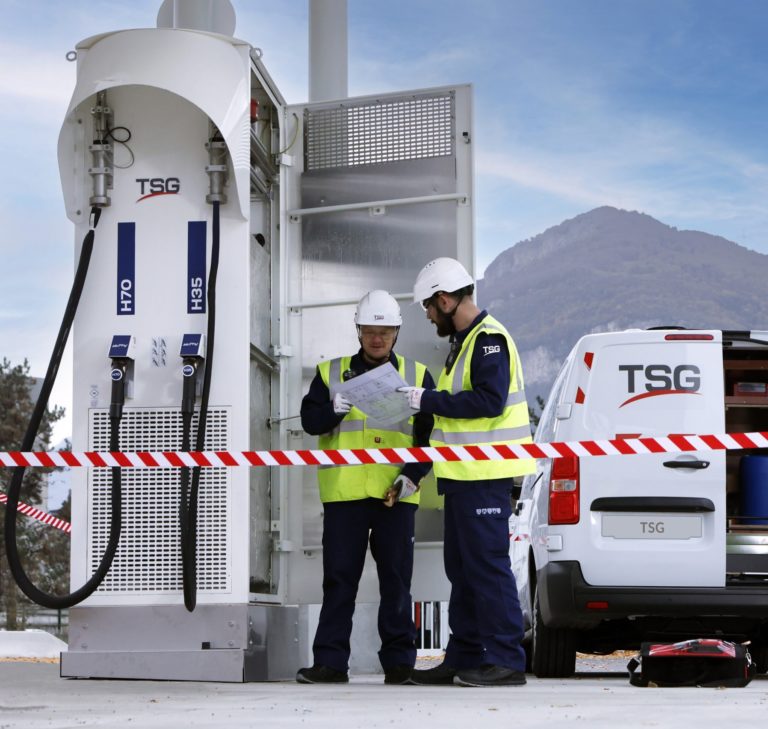
Infrastructure: The Missing Link
Although FCEVs offer significant promise, they remain a niche segment, primarily due to limited refuelling infrastructure. In the UK, hydrogen stations are still scarce, creating a classic chicken-and-egg dilemma. With so few vehicles on the road, there is little motivation to invest in new stations. At the same time, the lack of infrastructure discourages consumers and fleet operators from adopting hydrogen vehicles.
This is where the concept of Hydrogen Highways becomes transformative. Governments and private stakeholders can establish the backbone of a national hydrogen network by strategically deploying hydrogen refuelling stations along key transport corridors. This infrastructure would support the current fleet of FCEVs and encourage manufacturers to expand their hydrogen vehicle offerings.
Countries like Germany, Japan and South Korea have invested significantly in hydrogen infrastructure. The UK is beginning to follow suit, launching pilot projects and funding initiatives to expand hydrogen production and distribution. However, matching the pace of EV infrastructure development will still require substantial investment and strong policy support.
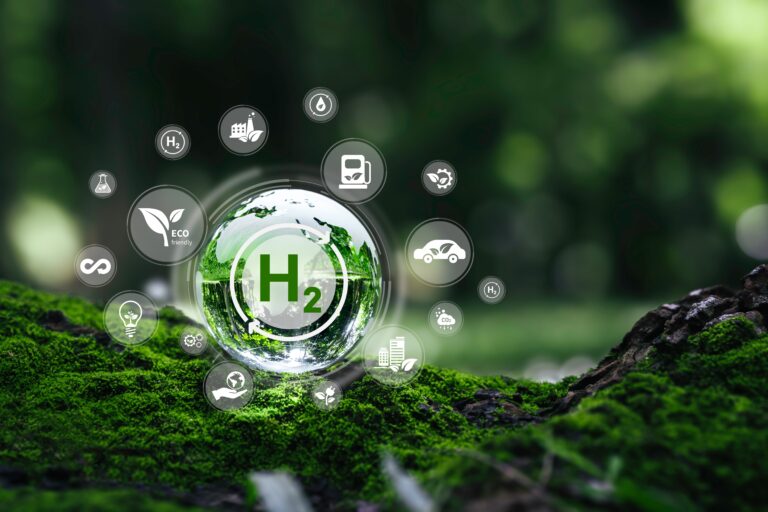
Environmental and Economic
From an environmental standpoint, hydrogen offers a compelling alternative to battery EVs, particularly considering the full lifecycle impact. Lithium-ion batteries, while emission-free at the point of use, involve resource-intensive mining and pose challenges in recycling and disposal. In contrast, fuel cells are more durable and less reliant on rare earth materials.
Economically, the situation is more complex. Hydrogen vehicles and infrastructure currently have a higher price tag than their electric counterparts. However, as technology matures and economies of scale are realised, costs are expected to decrease. Government subsidies, public-private partnerships and carbon pricing mechanisms will underpin the transition toward a more balanced market.
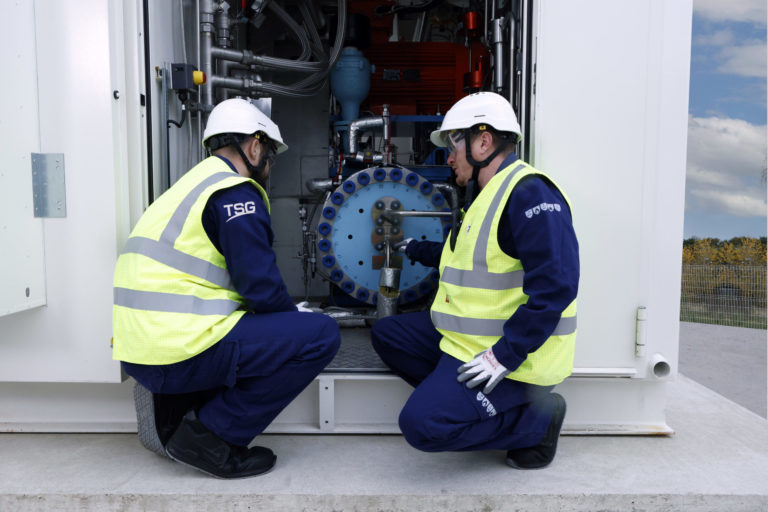
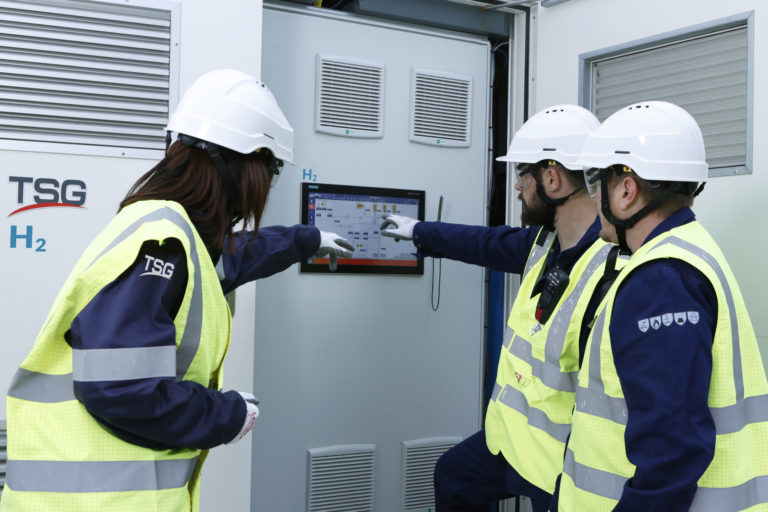
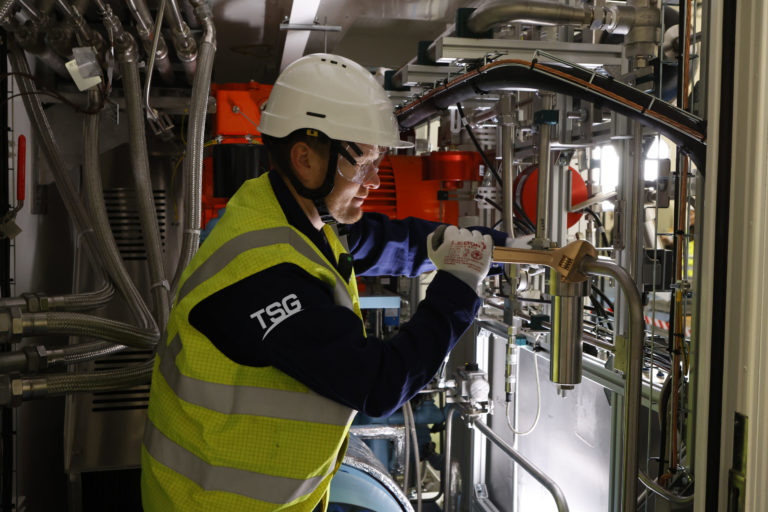
The Role of Industry Leaders
TSG UK is at the forefront of this transition. With decades of experience in traditional fuel infrastructure, TSG is now leveraging its expertise to support the rollout of new energy solutions, including hydrogen. From installing hydrogen compressors and electrolysers to maintaining dispensers and providing aftercare services, TSG is helping to build the foundation for a hydrogen-powered future.
TSG’s role as an engineering, procurement and construction (EPC) contractor positions them as a key enabler in the hydrogen ecosystem. By delivering turnkey solutions within defined budgets and timelines, TSG is helping businesses and municipalities embrace hydrogen with confidence.
Looking Ahead
The road to hydrogen highways is not without obstacles. Infrastructure gaps, production challenges and high costs remain significant barriers. Yet the potential rewards, such as cleaner air, greater energy security and a more resilient transport network, are too great to ignore.
Hydrogen is unlikely to replace electricity as the dominant clean fuel for passenger vehicles. However, it does not need to. The future of mobility will be multi-fuel, with hydrogen and electricity coexisting to serve different market segments. Where EVs excel in urban and short-range applications, hydrogen will shine in long-haul, high-demand scenarios.
As the UK and other nations strive to meet their net-zero targets, hydrogen highways offer a bold and necessary step forward. With the right mix of innovation, investment and infrastructure, hydrogen can move from the margins to the mainstream, powering not only vehicles but a cleaner, more sustainable future.
Author: Cheryl Ashton
